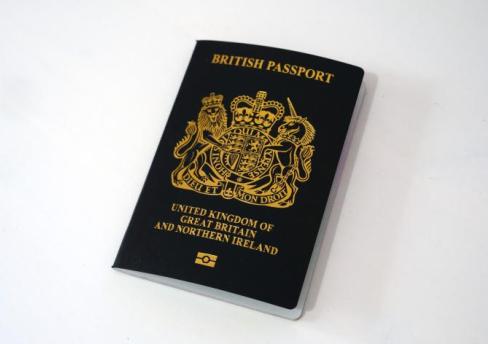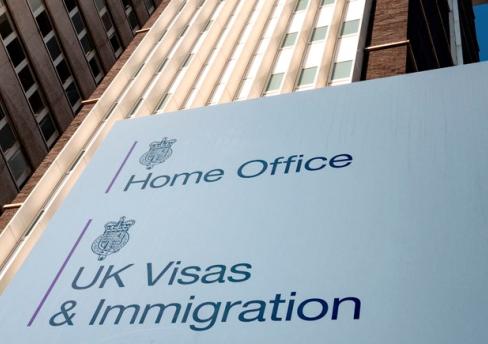This week saw further details of the new immigration system, which will apply to EU and non EU nationals from January 2021, announced. Businesses and individuals have waited for details of the new system for several months, and will now need to consider the implications as we head towards 2021.
The announcement largely mirrors the proposals announced earlier in the year, although there is some additional information on how the practicalities will work.
The key elements of the new system will be:
- The main work route will be for Skilled Workers, and will look very similar to the existing Tier 2 route;
- There will be a minimum salary of £25,600, reduced from the current £30,000 threshold. However individuals with a “relevant” PhD or working in recognised shortage occupations will benefit from a lower salary threshold of £20,480. Some roles will continue to require higher salaries than the minimum required by the Immigration Rules;
- Only employers with a sponsor licence will be able to sponsor EU workers. These are currently called “Tier 2 licences”, but will be rebranded as “Skilled Worker licences” and any business with an existing licence will automatically be converted to the new system;
- The Immigration Skills Charge will apply to all Skilled Worker visas;
- A lower skills threshold will apply under the new system. At present, only jobs considered to be skilled to Degree level qualify for visas but under the new system it will be jobs consider to be skilled to A Level.
- The Resident Labour Market Test will be abolished so employers will no longer need to advertise roles to justify hiring overseas candidates; and
- Other existing visa categories will continue to operate in the same way as they do now.
On a practical level, the implications of the new system are likely to be:
- A much wider range of businesses will require sponsor licences. At the moment, only a small fraction of businesses hold licences but as we emerge from lockdown and businesses look to recover from the economic downturn, holding a licence will open up a wider talent pool for recruitment and it will be essential for sectors that rely on EU workers;
- The cost of recruitment will rise, businesses will need to pay for sponsor licences, certificate of sponsorship fees and Immigration Skills Charges; and
- The increased cost of recruiting new migrants will mean that, in some sectors, employers will need to consider alternative recruitment methods.
As with most immigration policies, we won’t know how well the new system works until it is operational. Despite that, there are some areas of concern with the proposals:
- Although there is a lower skills threshold, many of the jobs that we have relied upon in recent months will not qualify for visas. This is of particular concern to the agriculture and care sectors;
- The salary requirements may mean the lower skills threshold is academic, many businesses will not be able to afford these salaries; and
- The criteria to score points based on a lower salary and PhD could be complicated. I remember the last truly Points Based visa, the Tier 1 (General) visa, and it was common for applications to be refused based on the misapplication of the criteria.
Regardless of the concerns, businesses and individuals need to begin to prepare for the new system. This means:
- EU nationals already living in the UK need to register for Settled or Pre Settled Status so they are not part of the new system; and
- Businesses need to consider applying for a sponsor licence. At the moment budgets are tight, but a licence is a relatively small outlay when you consider it lasts for 4 years and will make the recruitment pool wider in 2021.
It is likely that, as we get closer to January, further details of the new system will be announced but in the meantime if you have any questions about the implications for you, please get in touch.
The content of this webpage is for information only and is not intended to be construed as legal advice and should not be treated as a substitute for specific advice. Morton Fraser LLP accepts no responsibility for the content of any third party website to which this webpage refers. Morton Fraser LLP is authorised and regulated by the Financial Conduct Authority.










